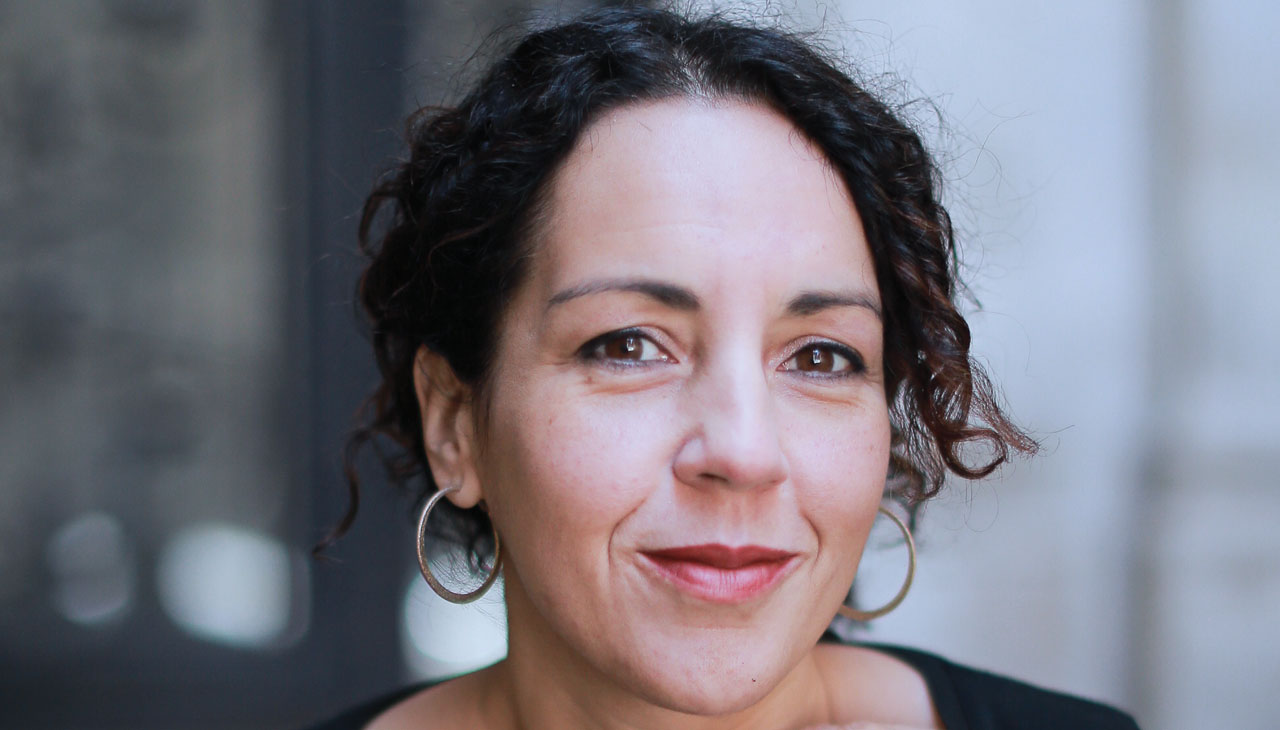
The Ups and Downs of a Dominican Immigrant in New York
Angie Cruz's latest novel, 'How not to Drown in a Glass of Water', tells the story of a woman in her mid-50s who's lost her job
Angie Cruz grew up in Washington Heights, NYC, in a Spanish-speaking Dominican family, and as a child never imagined she would become a writer.
“This is probably because I had yet to read a book by a person of color, let alone a Latina, Caribbean, Dominican women like me,” she recalled in a recent interview with AL DIA News.
Cruz has just published her fourth novel, How Not to Drown in a Glass of Water, a story starring Cara Romero, a Dominican-American woman in her mid-50s who loses her job in a lamp factory during the 2008 recession and is forced back into the job market for the first time in decades. Over the course of her sessions with a job counselor, Cara recounts her tempestuous love affairs, her alternately biting and loving relationships with her neighbor Lulu and her sister Angela, her struggles with debt, gentrification and loss, and eventually, what really happened between her and her estranged son, Fernando.
“Cara Romero was born in 2017 when Trump was president and I was feeling a lot of despair in my life. I had not found a publisher for my previous book, Dominicana, and I was seriously thinking about going back to school to study immigration law or some field where I could really help people. But then one day while waiting for a train in NYC just when I wanted to quit this entire writing business Cara Romero began speaking to me,” the author recalled.

“I wrote everything she said to me. I never had a fictional character speak to me so clearly. She reminded me why stories matter. How listening to other people’s stories can be medicine for both the storyteller and listener,” Cruz added.
The truth is that stories have always been present in Cruz’s life. Although being a writer was not something she could have imagined as a child, “I do come from some amazing storytellers. Now that I look back to that time in my life I realize how much I learned about telling stories by spending time with my grandmother who spun arresting and hilarious tales in her kitchen,” she recalled.
But what prompted her to take up writing professionally was to start reading books by women writers from the African and Latin American diaspora.
“I wanted to be in conversation with them. I had a tough childhood but books gave me language and a key to imagine a different world and life. Writing my first novel, Soledad, was an opportunity to think through the realities I was witnessing but also I was writing a book that I wanted to read,” the author explained.
RELATED CONTENT
Having a voice
According to Cruz, the Latino community “has a lot of stories to tell that have not been represented in the mainstream. We make up a large percentage of the United States and it’s exciting to see so many new voices,” she said.
“The more of us that get published the more interesting all of our writing will become because we are learning from each other as we innovate and expand the American literary canon how to fl ex the breadth and depth of our languages, experiences and countries,” Cruz continued.
Although Spanish was the language spoken in her home, English is the language she uses to write her books.
“I learned English from music and tv and then at school. So English is my academic language. It would have been great if schools offered dual language education, then I would be versed in both languages. Unfortunately xenophobia has robbed us from access,” she explained.
Leaning into curiosity
In addition to being a writer, Cruz is also an editor and founder of the literary journal Aster(ix) and a Writing Professor at the University of Pittsburgh. One of her professional principles is to believe that everyone has something to say if they lean into their curiosity, so she asks her students to write into what they don’t know or understand.
“For example, to look directly at someone or something that makes them uncomfortable, people they disagree with, things that seem mysterious to them. I encourage my students to read their drafts and spend the time researching the places, beings, and objects they are writing about, and see what else they discover that can enrich their work. The thing about curiosity is that it takes time to follow it and if you are in a rush to finish a book in a certain amount of time, taking the time to wonder, discover, play may seem for some like a waste of time. But I believe it’s the shortest way to a great book,” she said.
Among her students there are people of color, whom she prepares to combat the two main difficulties that she believes the future holds for them: Invisibility and presumed incompetence.
“But maybe the most exciting thing I see happening with writers of color, especially those of us leaning into an interdependent, collectivist model is that we are in this together and there doesn’t have to be only one of us getting all the cookies. We can share the cookies. And together we can create a more liberating sustainable model to live and write,” she concluded.



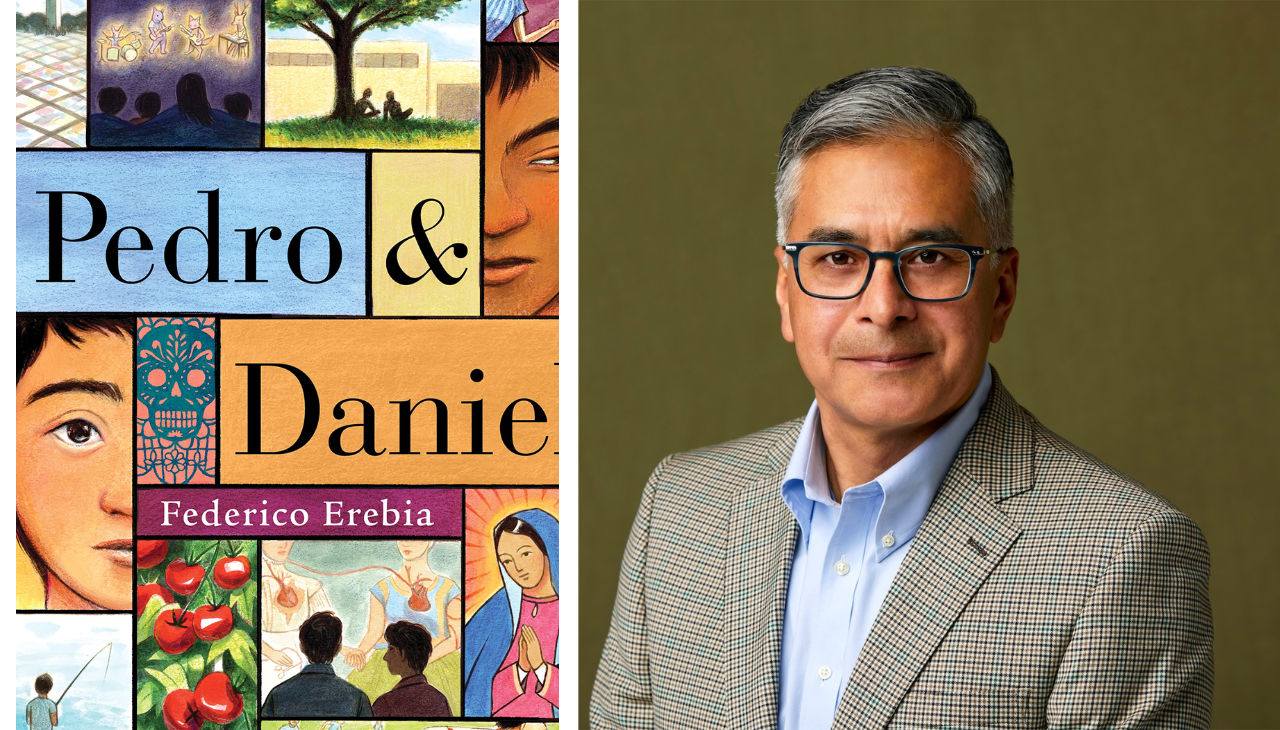

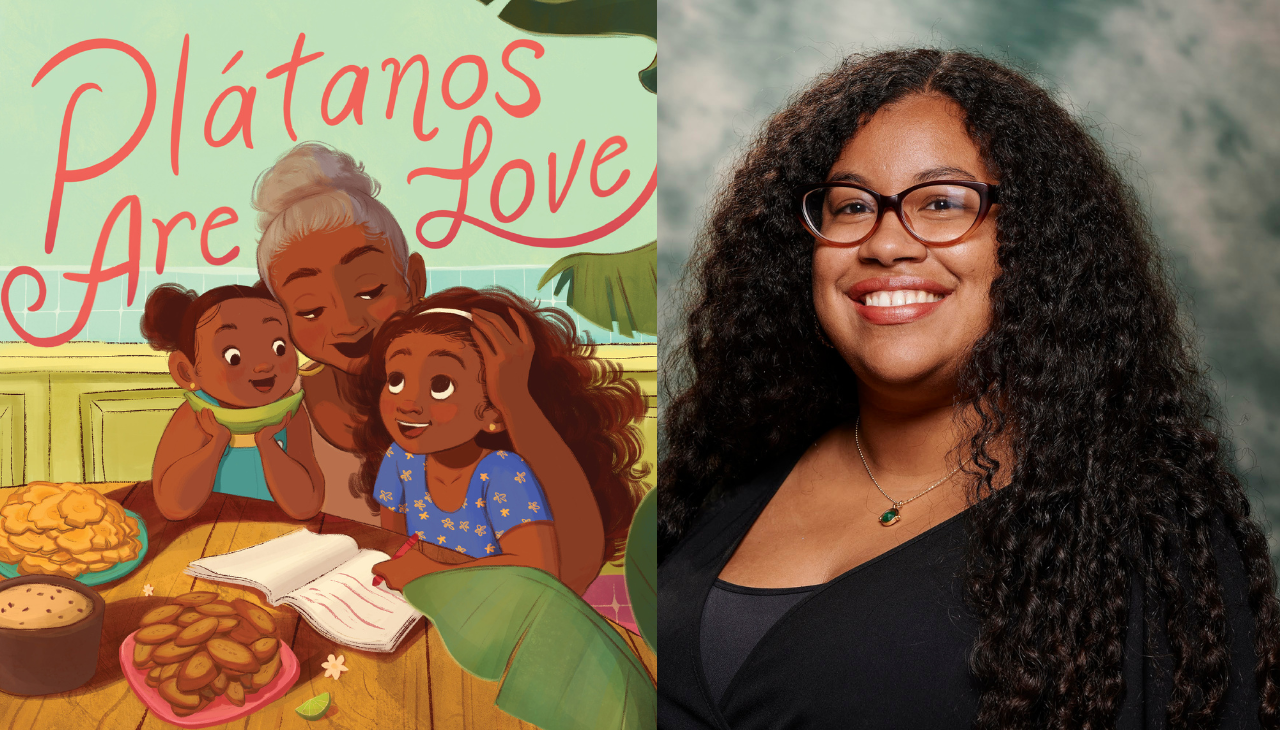
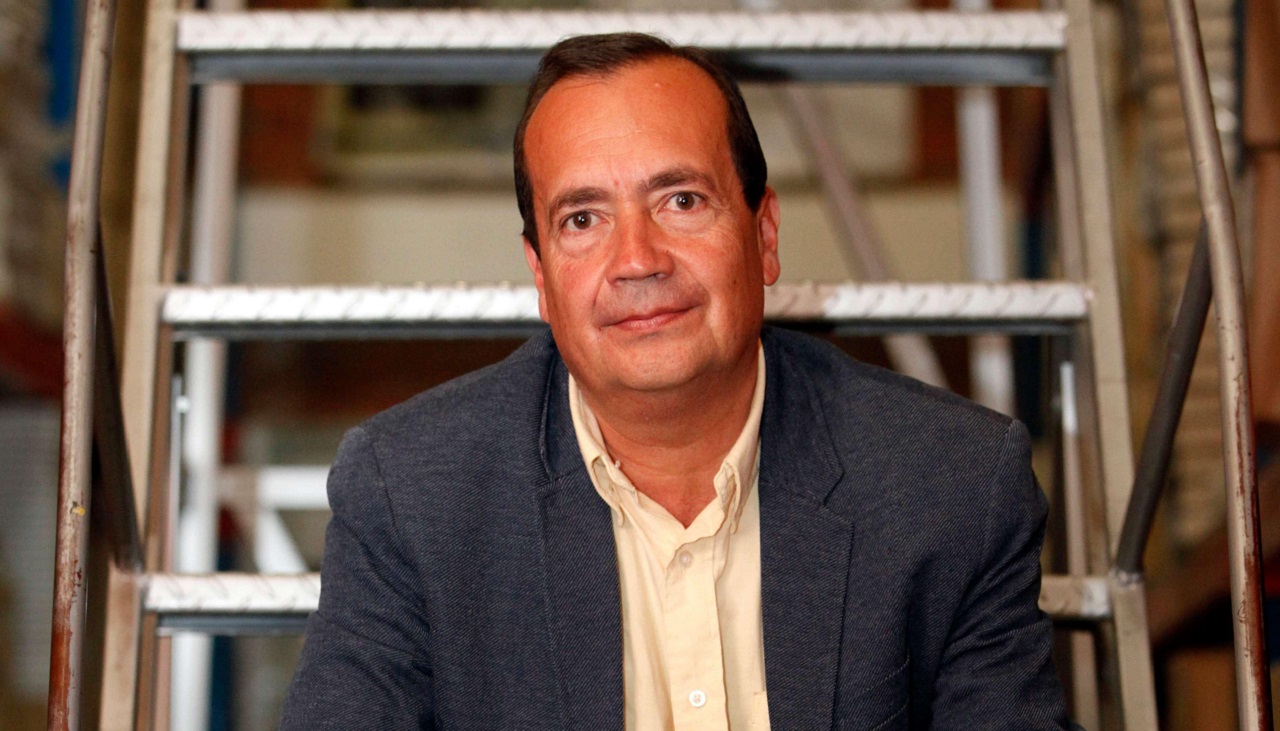
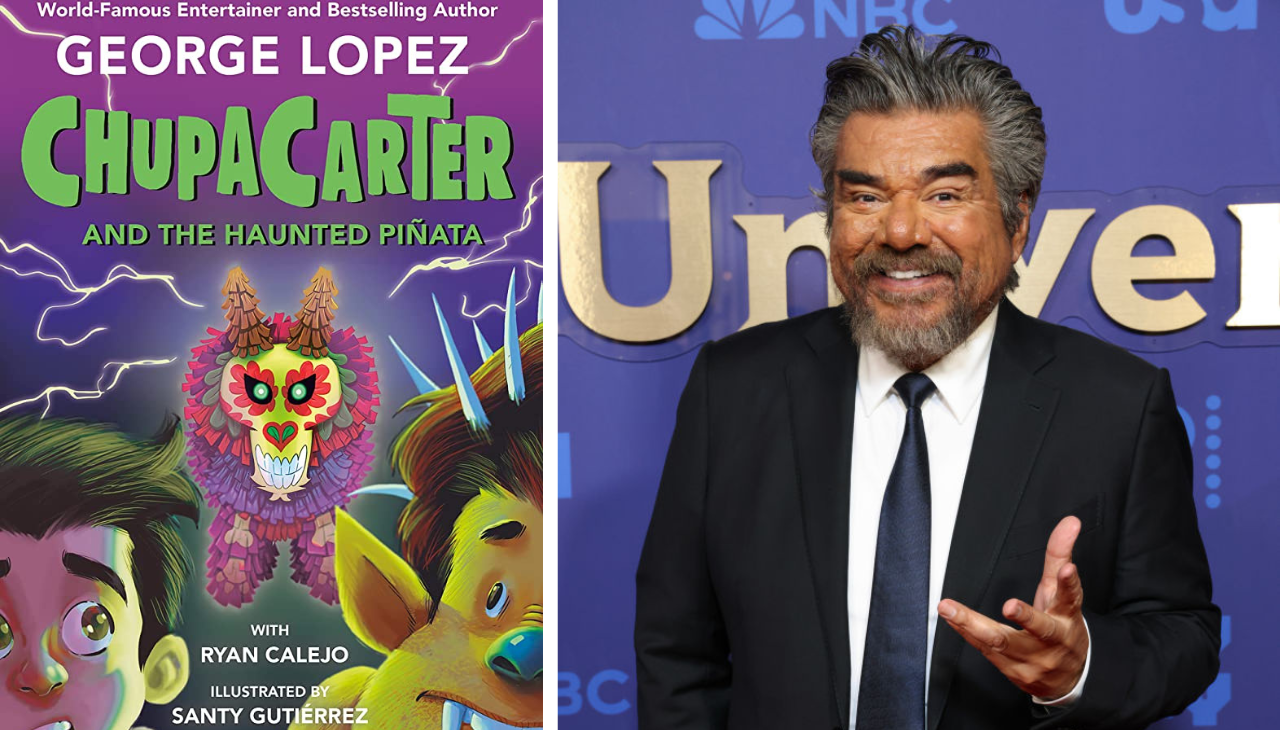



LEAVE A COMMENT:
Join the discussion! Leave a comment.